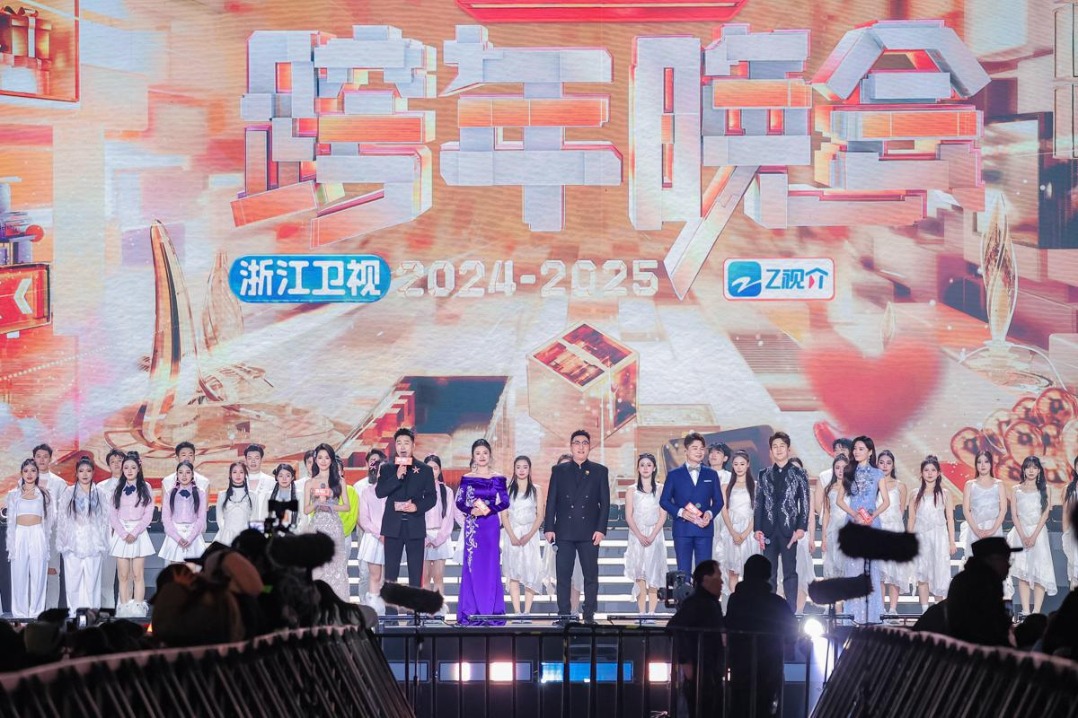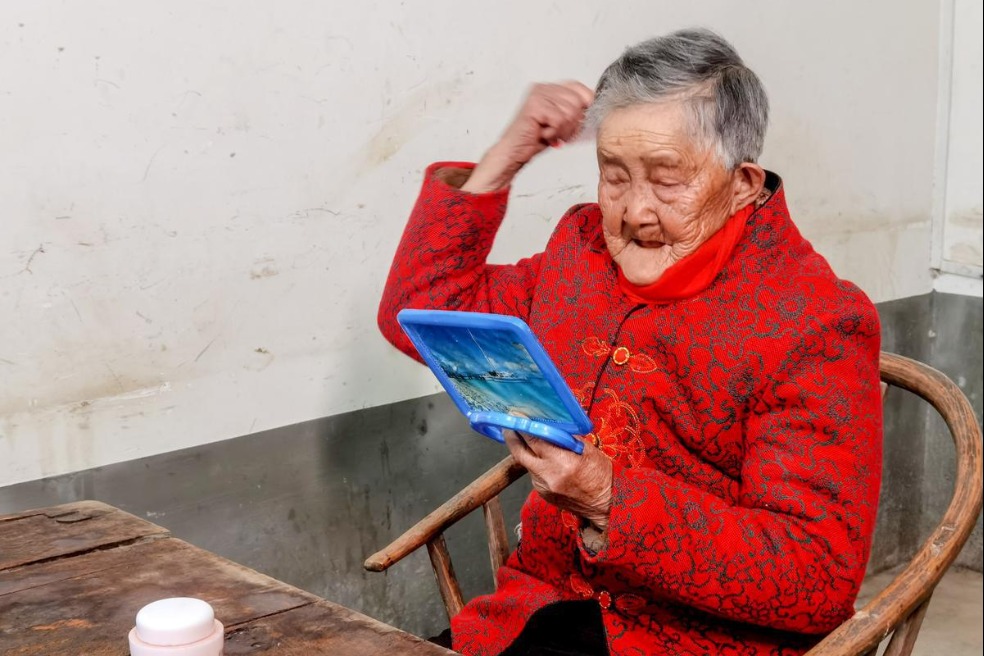Calls for change welcomed

While attending a consultative meeting on scientific and technological research evaluation, Zheng Lansun, a scientist and political adviser, called for raising awareness of the abuse of the Science Citation Index and streamlining various "talent projects".
The abuse of the SCI system has led researchers to only focus on how many papers were published, but they are unable to conduct high-quality and time-consuming research," said Zheng, an academician in the Chinese Academy of Sciences and a member of the Standing Committee of the 12th and the 13th National Committee of the Chinese People's Political Consultative Conference, China's top political advisory body.
Using the index system as the sole means to evaluate researchers and to give them a title in various talent projects will harm the purity of the research environment, he said.
Zheng shared his concerns at a regular consultation session of the CPPCC in September with other political advisers, government officials and industry experts.
The meetings, called biweekly consultation sessions of the CPPCC, have become a place to promote consultative democracy and mutual understanding. Participants also can make suggestions at the meeting on difficult problems.
Suggestions will be sent to State leaders and government departments as a reference to make decisions.
At the meeting in September, Zhu Xing, a physics professor at Peking University and a member of the 12th National Committee of the CPPCC, suggested eliminating various titles for researchers to make such titles valuable.
"For example, 'academician' is a globally recognized scholarly title, which can be kept. National level talent titles such as member of the '1,000 Talents' and 'Changjiang Scholars' can also be retained. But some titles granted by different ministries can be cut," he said.
Consultative democracy, which focuses on reaching consensus through consultation, has become a catchphrase since the 18th National Congress of the Communist Party of China in late 2012.
The biweekly consultation sessions, first introduced in 1950, were suspended in 1966 due to the "cultural revolution" (1966-76). They were restored in 2013.
The sessions invite members from various fields and backgrounds - mainly from non-Communist parties or those with no party affiliation - to discuss and propose solutions to practical problems. They are an innovative format mainly for members of non-Communist parties to take part in the political advisory process.
Seventy-six such sessions had been conducted from October 2013 to Dec 7, with national political advisers and experts and scholars participating. Officials from related government departments also have been invited to attend sessions to hear suggestions.
About 20 sessions are held every year and about 20 participants are invited during each session. In 2017, topics discussed ranged from ethnic group drama to medical assistance for Africa.
?
?
- 4th TCTCP established: boosting standards for tropical agriculture
- Quzhou emerges as a cultural and tourism destination
- Shanghai sees surge in international arrivals
- Former Moutai chairman under investigation for misconduct
- Shanghai railway staff becomes popular with rapid typing, spoken English
- Giant pandas celebrate first year in Chongqing with snowy spectacle





































